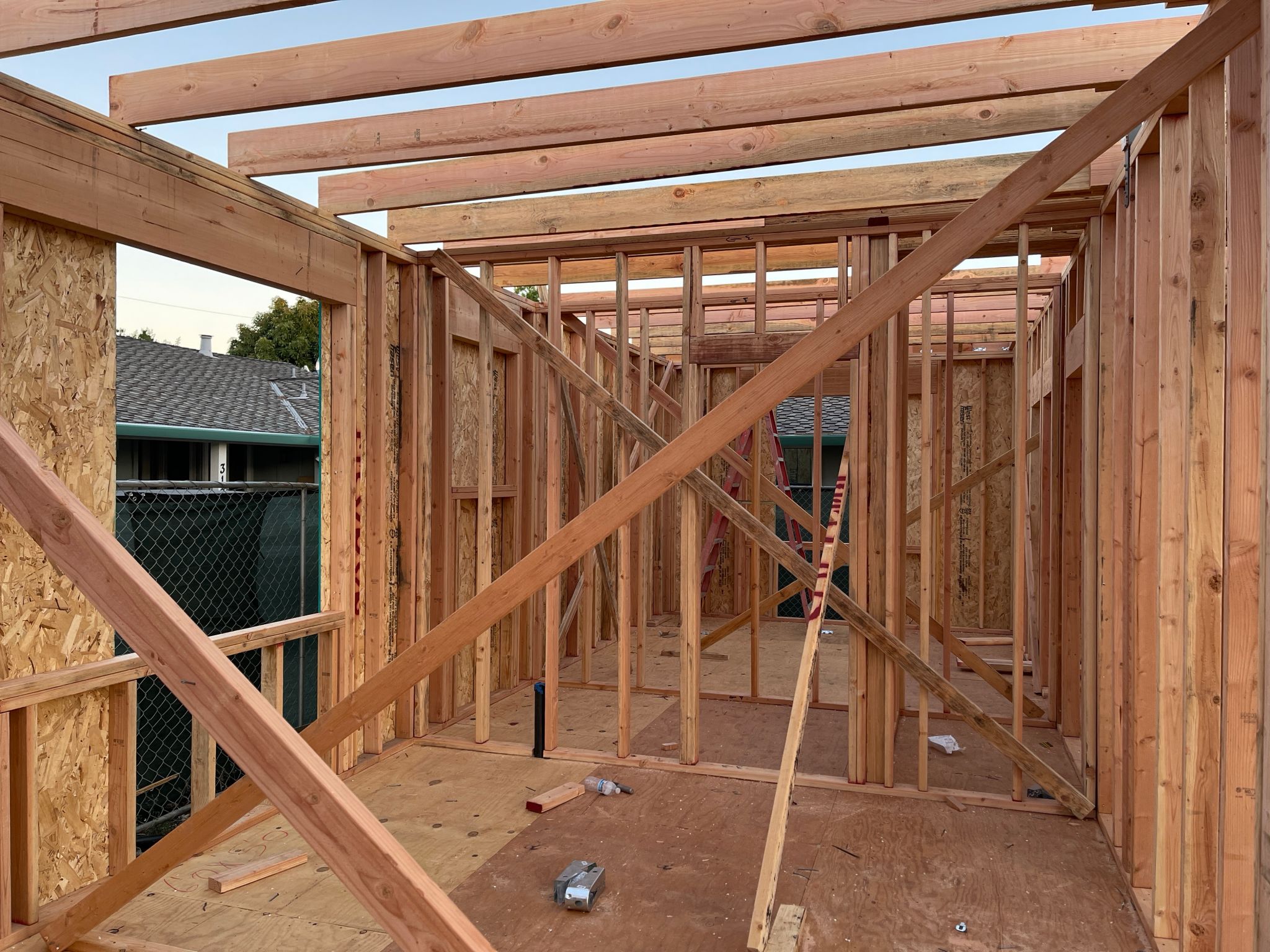Navigating Los Angeles Zoning Laws for ADU Construction
Los Angeles is a vibrant city where space is at a premium, making Accessory Dwelling Units (ADUs) an attractive option for homeowners looking to maximize their property value. However, understanding and navigating the city's zoning laws can be complex. This guide aims to simplify the process and provide you with the essential information you need.
Understanding Zoning Laws in Los Angeles
Zoning laws in Los Angeles are designed to regulate land use and ensure harmonious development across the city. These laws determine where ADUs can be built and the requirements they must meet. It’s crucial to start by checking the zoning designation of your property. The city’s zoning information can be accessed through the Los Angeles Department of City Planning’s website.
Most residential zones in Los Angeles allow for the construction of ADUs, but specific regulations may vary. It's essential to familiarize yourself with these regulations to avoid potential setbacks.

Key Requirements for ADU Construction
When planning to construct an ADU, there are several key requirements to consider. These include:
- Size Limits: ADUs are typically limited to a maximum size, often around 1,200 square feet, depending on the lot size and zoning.
- Setbacks: There are usually minimum setback requirements from the property lines, which can affect where your ADU can be placed.
- Parking: While some areas may not require additional parking for ADUs, others might, especially if public transportation is not easily accessible.
Understanding these requirements can help streamline the planning process and ensure compliance with local laws.
The Permitting Process
The permitting process for ADUs in Los Angeles can be intricate. Homeowners must submit detailed plans and potentially undergo several stages of review. It’s advisable to work with a professional architect or builder experienced in local zoning laws to facilitate this process.

Once your plans are approved, you will receive the necessary permits to begin construction. This process ensures that your ADU meets all safety and building standards.
Overcoming Common Challenges
While the prospect of building an ADU can be exciting, it's not without its challenges. Common issues include navigating the complex permitting process, addressing neighborhood concerns, and managing construction costs. Being proactive and informed can help mitigate these challenges.
Engaging with your neighbors early in the process and keeping them informed can be beneficial. Additionally, exploring financing options and seeking competitive bids from contractors can help manage costs effectively.

Benefits of ADU Construction
Constructing an ADU in Los Angeles offers numerous benefits. It can provide additional rental income, increase property value, and offer flexible living arrangements for family members. ADUs also contribute to the city’s housing needs, offering a sustainable solution to the housing shortage.
Whether you’re looking to create a rental unit or a personal space, ADUs can be a valuable addition to your property.
Conclusion
Navigating Los Angeles zoning laws for ADU construction may seem daunting, but with the right information and resources, it can be a rewarding endeavor. By understanding the requirements, engaging with professionals, and planning carefully, you can successfully add an ADU to your property and enjoy its many benefits.
